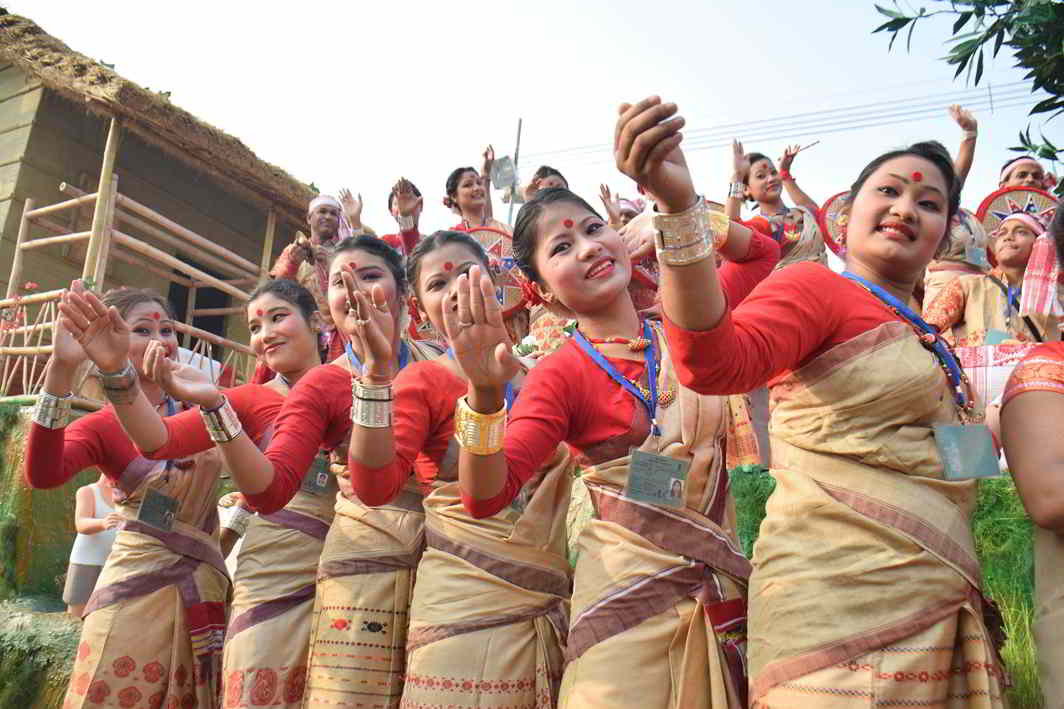While President Pranab Mukherjee has cleared the proposals of a parliamentary panel that says speeches of dignitaries should be in Hindi if they can, this smacks of ignorance of India’s culture and reveals his bureaucratic, majoritarian bias
~By Shiv Visvanathan
Pranab Mukherjee has not been one of our great presidents or even a memorable one. He lacks the scholarship of Sarvepalli Radhakrishnan, the integrity of Rajendra Prasad or even the aesthetic eccentricity of an Abdul Kalam. He survived by accommodating to power and yet ironically, his two major pronouncements were disruptive ones. His enthusiasm for rankings and productivity bureaucratised quality and eventually, threatened excellence itself. Similarly, his last
pronouncement that dignitaries should speak in Hindi if they can in parliament had a contrary edge to it. The President’s speech becomes, ironically, disruptive in the name of unity.
In fact, the problem of Hindi has been one of the main indices of the future of democracy. Time and again, our politicians have referred to the primacy of Hindi. Yet, one has to be clear that Hindi is not a national language. It is an official language like 21 others. The statistics often invoked are that Hindi is a language spoken by the largest number. Yet, even statistics are deceptive. True, large numbers speak Hindi, yet 60 percent speak a language other than Hindi. Moreover, most Indians speak a variety of Hindi which is charming. They are happy to speak the language but the renditions of most are comical or eccentric, yet deeply functional in a polyglot India.

India is a civilization which is diverse and syncretic, while the idea of a nation state forces uniformity and standardisation. The idea of one language for a nation state does not work all over. It has been successful in Indonesia and Israel but makes little sense in an India where the notions of diversity and unity are different. A nation like India thrives on diversity and difference. India is a nation with 1,50,000 varieties of rice. No one ever asks which one is national. Rice is a celebration and symptom of India’s diversity. Similarly, our attitude to language created a multi-verse of democracy. Sadly, it is our notions of education and the idea of the nation state that impoverishes language.
Hindi was doing well as a language, thanks to Bollywood, thanks to the cultural ability to pick up languages. This popularity of Hindi comes from the adaptability of our people. But by legislating dominance, parliament demonises a language, threatens the minority, sends the wrong signals.
Kannada novelist, the late UR Ananthamurthy summed it pithily when he observed: “India is a strange country, where an illiterate speaks seven languages and a convent school girl speaks only one.” Indian pluralism is such that most of us without being too purist, pick up other languages. Even English today is an Indian language. I remember Nirad C Chaudhuri complaining that the English speak a poor level of English. Meanwhile, to make it speak Punjabi or Hindise is a fascinating part of Indian diversity. We make English say what we want it to say. Unfortunately, we have in power today a regime illiterate about diversity and tyrannical about imposing Hindi and Hindutva on a population. The BJP does not realise it goes against the cultural grain. A country which has a pluralistic framework now confronts a regime which is mechanical, uniform and intolerant.
What one often faces in India is a clash between electoral democracy and plural cultures. Electoral democracy seems to feel that numbers count and seeks the greatest good of the biggest majority. Plurality seeks a balance between communities without threat of dominance, hegemony or majoritarianism. In a linear world, plurality represents diversity and electoral democracy, majority. Our parliament has no sense of the contradiction between the two. A way of life which cannot be visualised in majoritarian terms fades away.
True, large numbers speak Hindi, yet 60 percent speak a language other than Hindi. Moreover, most Indians speak a variety of Hindi which is charming. They are happy to speak the language but the renditions of most are comical or eccentric, yet deeply functional in a polyglot India.
Secondly, parliament like other forces of reform does not understand the logic of culture. Hindi was doing well as a language, thanks to Bollywood, thanks to the cultural ability to pick up languages. This popularity of Hindi comes from the adaptability of our people. But by legislating dominance, parliament demonises a language, threatens the minority, sends the wrong signals.
But there is no deep concern for language or culture by this regime. India is facing the extinction of languages, especially oral ones. Yet, the one survey after Grierson is inspired by civil society.
Imagine a different situation. Pranab Mukherjee in one of his last speeches talks about language diversity and language extinction. He talks of the need for linguistic innovation, the necessity for a new social contract between the oral, the textual and the digital. Just this speech would have made his tenure historical. For a man who projects a patina of culture, quoting Tagore almost automatically, he revealed an ignorance of culture which was devastating. By pushing for Hindi, Mukherjee revealed his bureaucratic, majoritarian bias. There is a sadness to this message before departure. One wishes he had been more thoughtful and imaginative. Chauvinism in farewell is hardly necessary.
—The author is a social science nomad


